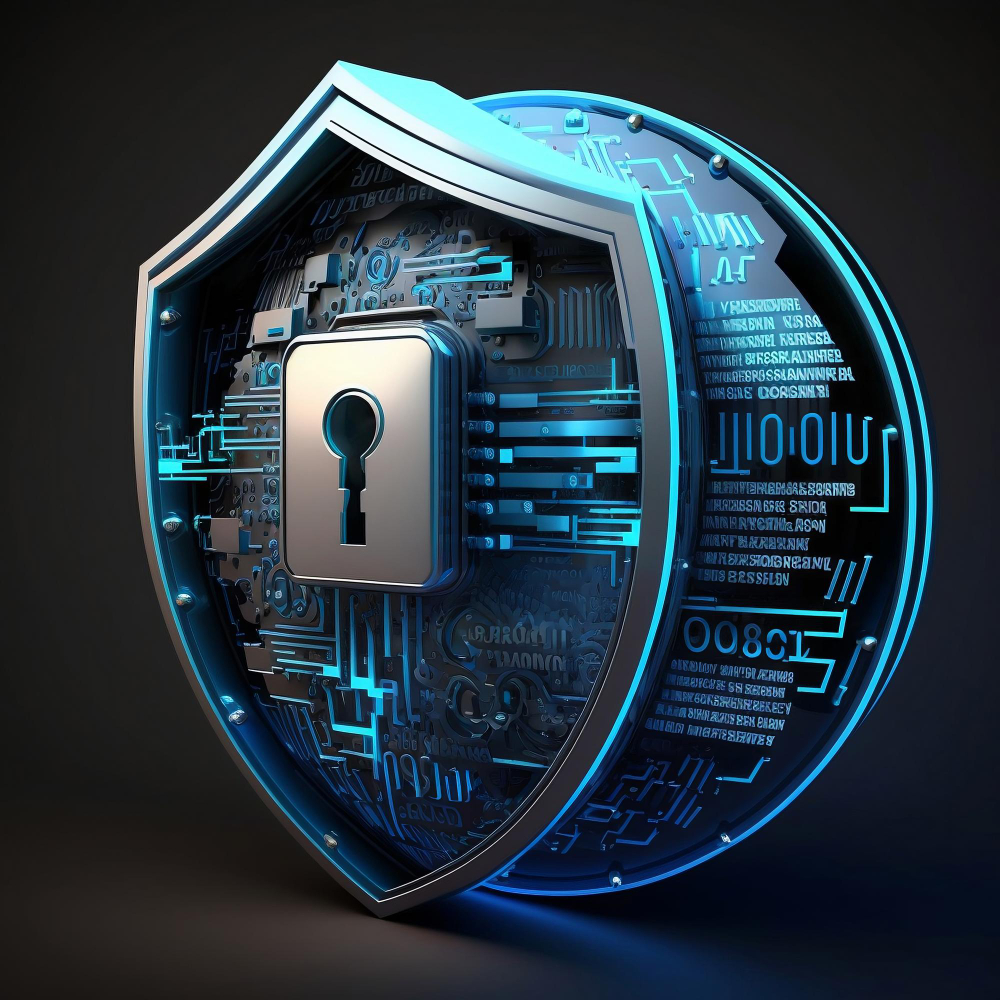Cybersecurity Best Practices for Small Businesses
In today's digital age, small businesses highly rely on technology to streamline operations, enhance productivity, and expand their reach. However, this growing dependence on the digital realm exposes them to many cyber threats.
Did you know? According to a report by Verizon, 43% of cyberattacks target small businesses. Such attacks can be devastating, including loss of sensitive data, financial loss, reputational damage, and even the closure of the company.
Cybersecurity has become paramount for small businesses, as they must safeguard their sensitive data, customer information, and financial assets from cybercriminals. Implementing robust cybersecurity measures protects a small business's reputation and ensures its long-term survival and success in the competitive marketplace. Small companies can confidently navigate the digital landscape by prioritising cybersecurity and focusing on their core objectives, fostering growth and innovation.

The Cybersecurity Threats Facing Small Businesses:
• Malware
• Phishing
• Ransomware
• Ransomware

Creating a Cybersecurity Plan
The first step in creating a cybersecurity plan is to
develop policies. These policies should include:
• Training employees on how to identify and report suspicious activity, such
as phishing emails or suspicious links on social media sites.
• Updating software regularly (this can be done automatically with
cloud-based solutions).
• Monitoring network activity for unusual behaviour, such as an increase in
failed logins or downloads of large amounts of data that don't appear
related to any current projects
Here are some cybersecurity best practices that small businesses should follow:
1. Employee Training: Employee training is essential to cybersecurity awareness. Employees should be able to recognize phishing emails, understand the difference in suspicious links, and other tactics cybercriminals use to gain unauthorized access to the business's data. Regular training sessions can help create a culture of security awareness, and employees should be encouraged to report suspicious activities to the IT department.2. Password Management: Employees should be encouraged to create strong, unique passwords and use a password manager to securely store them. Multi-factor authentication should be implemented as far as possible to add an additional layer of security for data protection.
3. Network Security: Small businesses should ensure their network is secure by implementing firewalls, and intrusion detection systems. All software and hardware should have regular updates and patches to keep them secure.
4. Data Backup and Recovery: Small businesses need a recovery and backup plan in case of a cyber-attack or other disaster. Regular backups of essential data should be performed, and the backup data should be stored offsite or in the cloud to prevent loss in the event of a physical disaster.
5.Secure Remote Access: With the rise of remote work, small businesses should implement secure remote access solutions. VPNs and other secure remote access technologies should be used to ensure that remote workers can access the business's network securely.
6.Vendor Management: Small businesses should ensure that their vendors and suppliers have proper cybersecurity and data security measures in place. This includes conducting due diligence on vendors before signing contracts and regularly reviewing vendor cybersecurity practices.
7.Incident Response Plan: This plan should include steps to take in case there is a breach, including who to contact, how to minimize the breach, and how to recover from the attack.
8.Cyber Insurance: Consider investing in cyber insurance to protect from the financial impact of a cyber-attack. Cyber insurance can help cover the costs associated with data recovery, legal fees, and other expenses incurred during a cyber-attack.
9.Compliance: Small businesses should comply with relevant regulations and standards, such as the General Data Protection Regulation (GDPR) and the Payment Card Industry Data Security Standard (PCI DSS). Compliance can help protect the business from legal liability and reputational damage.
10.Antivirus protection:Make sure your company invests in antivirus to keep malware away from all your systems and data to protect valuable information at all times.

Small businesses face a constant threat of cyberattacks since they may not have the significant budgets to focus on cybersecurity. Thus, they need to implement effective cybersecurity practices to protect themselves. By following these cybersecurity awareness measures, small businesses can protect themselves from cyber threats and assure the long-term success of their business. At Globalion, we offer cybersecurity solutions for large-scale and small-scale enterprises. We believe every company, big or small should invest in cybersecurity best practices and our affordable plans can help you keep your data and your employees safe.



